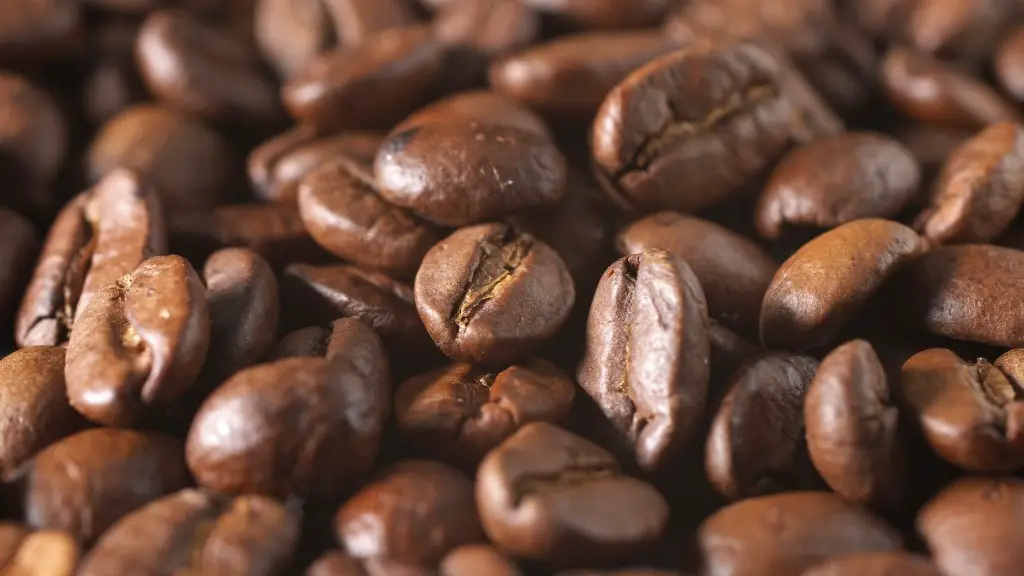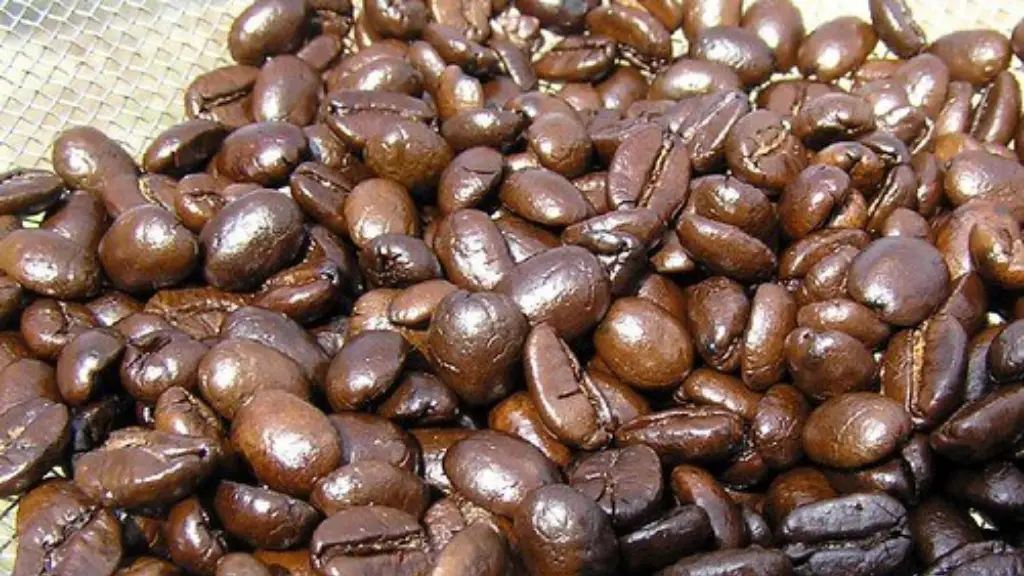Coffee has always been seen as a guilty pleasure. Whether consumed in the morning to kickstart the day, or shared between friends over an informal chit-chat, the aromatic flavor of a locally brewed cup of coffee is an essential part of many cultures. But in the pursuit of health and wellbeing, its reputation is often taken for granted. Recent research, however, has put its benefits under the public’s microscope, showing that this seemingly sinful pleasure is actually a possible diet aid.
Although few dieters would believe that adding anything containing caffeine to their intake is a good idea, coffee beans contain antioxidants and other healthy compounds. It has been noted that if consumed in moderation, its positive benefits can outweigh any of the negatives in terms of weight management. But is all coffee equal in weight-loss?
According to a recent clinical study conducted by the Harvard TH Chan School of Public Health, those who drink up to 4 cups of coffee per day can achieve the best results for weight management. This is by brewing the coffee without added sugar or cream. The same study revealed that a reduction of 1–3 kg can be achieved within one year of following this caffeine-based diet plan.
But is that really enough to expel the extra pounds? Nutritionists agree that it is. One of the best-known nutrition experts in the US, Karen Ansel M.S., RDN, states that when combined with other healthy lifestyle changes like increasing exercise and including fiber-rich food products in your diet, coffee can help accelerate weight loss. “Coffee — like any dietary or lifestyle choice — isn’t a silver bullet for weight loss. But if you’ve already taken a healthy approach to weight loss and aren’t seeing the results you want, pairing cafe drinks with a nutrient-filled diet and regular exercise can be a powerful boost to your weight-loss efforts”, says Ansel.
Finally, it is important to note that not all coffee is created equal. A healthy cup of coffee must come from an organic source and preferably without additives or preservatives. If seeking to enjoy a truly healthy cup of coffee for the purposes of weight-management, it is best to invest in a high-quality organic brand. This could mean a considerable difference in terms of flavour and overall wellbeing.
Espresso
The reduced caffeine content of an espresso is often desired for its low-calorie content. As one of the most popular coffee drinks in Italy, it has been consumed in traditional Italian homes for centuries and has developed into a great way to start a healthy diet. Nutritionists suggest that espresso should be the primary choice when considering a coffee-drink as part of a healthy nutrition plan.
The primary reason why espresso is the expert choice when it comes to weight-management is its lack of additives such as sugar. Most cafes, however, do provide an option to sweeten the espresso with a wide selection of flavored syrups. Those wishing to manage their weight must avoid this, or use a teaspoon or two of sugar or honey to increase the sweetness without compromising on their diet.
In contrast to other coffee drinks with a fixed amount of caffeine, the espresso has a variable amount. When consumed in a one-ounce espresso shot, caffeine levels can range from 30 mg to 80 mg, depending on the quality of the beans. This could mean that, while consuming numerous espresso shots could still add caffeine to your daily nutrition, the flexibility allows the dieter to control the dosage.
Bulletproof Coffee
Bulletproof coffee is an increasingly popular form of coffee intended for weight-management. It was developed in the early 90s and gained popularity for its high-fat, low-carbohydrate content. By upgrading the traditional ‘butter coffee’ with more healthy fats, the nutritional value of this beverage can increase significantly.
The star elements in bulletproof coffee are the butter and coconut oil, both of which are known for their high levels of healthy fats. Not only does this give the coffee its distinctive silky texture, but it also increases the energy production, providing dieters with a balanced amount of calories for longer periods of time. As such, feeding the body has become an easier task.
Bulletproof coffee recipes also include other ingredients such as cinnamon, nutmeg and even cocoa. Each of these additives has been studied and has been identified to contain zero-calorie antioxidants, which can benefit the metabolic system. Furthermore, the addition of spices such as cinnamon and nutmeg help reduce the craving for sugary foods, thusly eliminating unnecessary calorie consumption.
Cold Brews
Cold brewed coffee is traditionally a favorite in the summertime, but it has gained the spotlight recently due to its low calorie content. The brewing process used for cold coffees usually lasts 8 to 24 hours, with the intention of retaining more flavor from the coffee bean with a reduced amount of acidity. In most cases, it has up to 62% less acidity than other combinations in the same price range.
Even though the most common cold brews are blended with milk and sugar, there are versions with lower calorie content. Opt for a frozen cold brew with skim milk and no sugar, and the calorie content can be substantially reduced. This could mean a difference of up to 75 calories, helping those looking to reduce their weight intake even further.
The brewing process can also affect the smell and taste of the coffee. As the brewing period is so long, the flavors are stronger and bolder compared to regular coffee, likely making it much more enjoyable as part of a weight-management diet.
Decaf
The traditional decaffeinated coffee is often seen as an ineffective option for weight management. Contrary to popular belief, it is still possible to obtain the necessary coffee benefits from a decaf cup. As caffeine is the key compound responsible for any coffee’s weight-loss potential, the lack of caffeine in decaf coffee can cause confusion. But this does not mean that decaffeinated coffee is completely useless.
When practiced in a healthy manner, drinking decaf coffee can bring many benefits to the body. As it is not associated with any lows or highs of energy, dieters can benefit from its properties by drinking in the morning. Also, decaf coffee can assist in boosting metabolism, meaning that any accompanying food can be processed much faster in order to fuel the body.
Finally, decaffeinated coffee also contains a high level of antioxidants, meaning that dieters can get rid of any toxins in the body. That way, the buildup of water-based fat is slowed down, making it much easier for dieters to manage their weight without any additional energy rushes.




